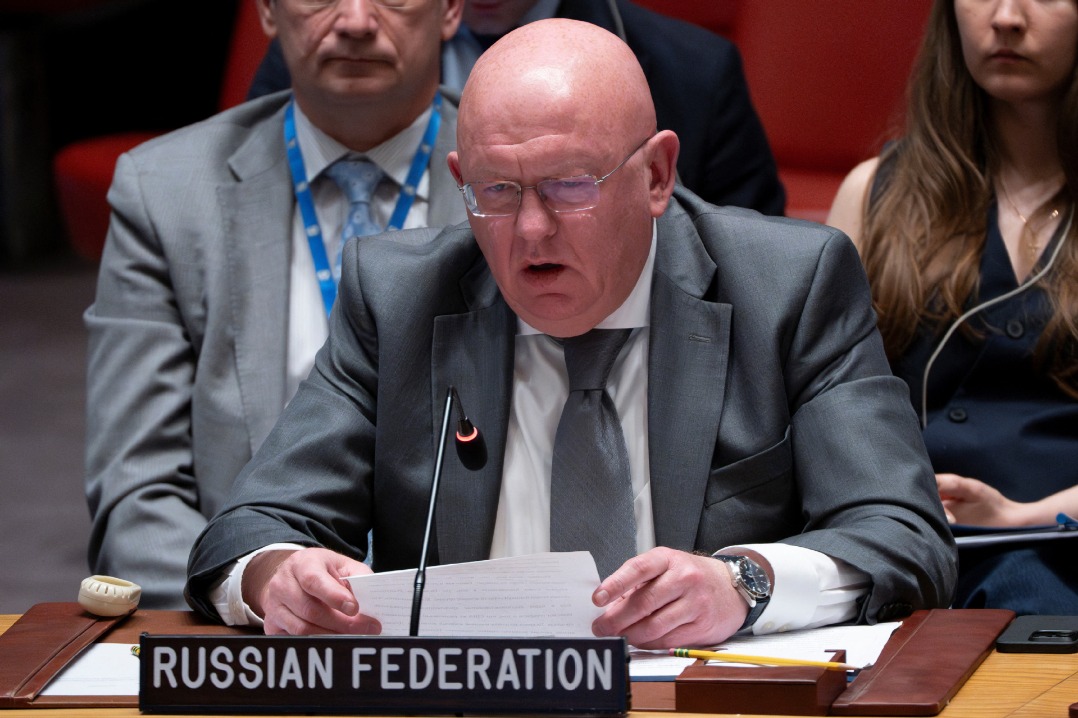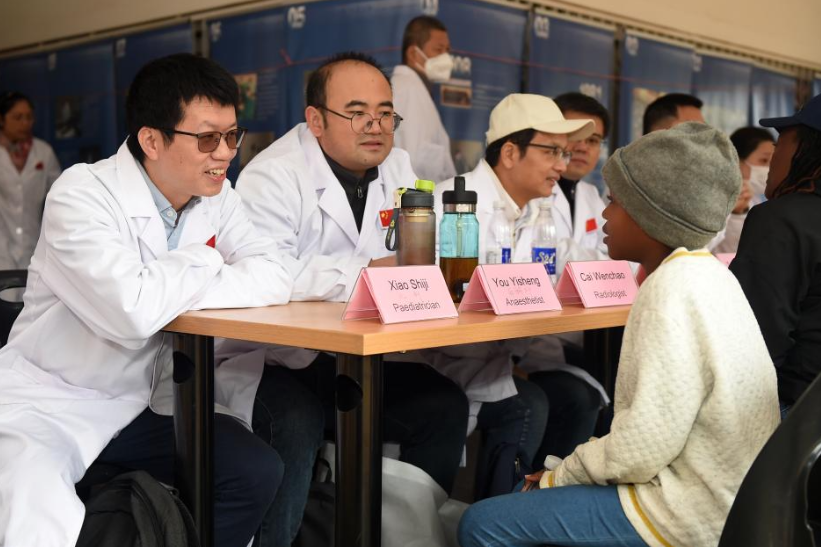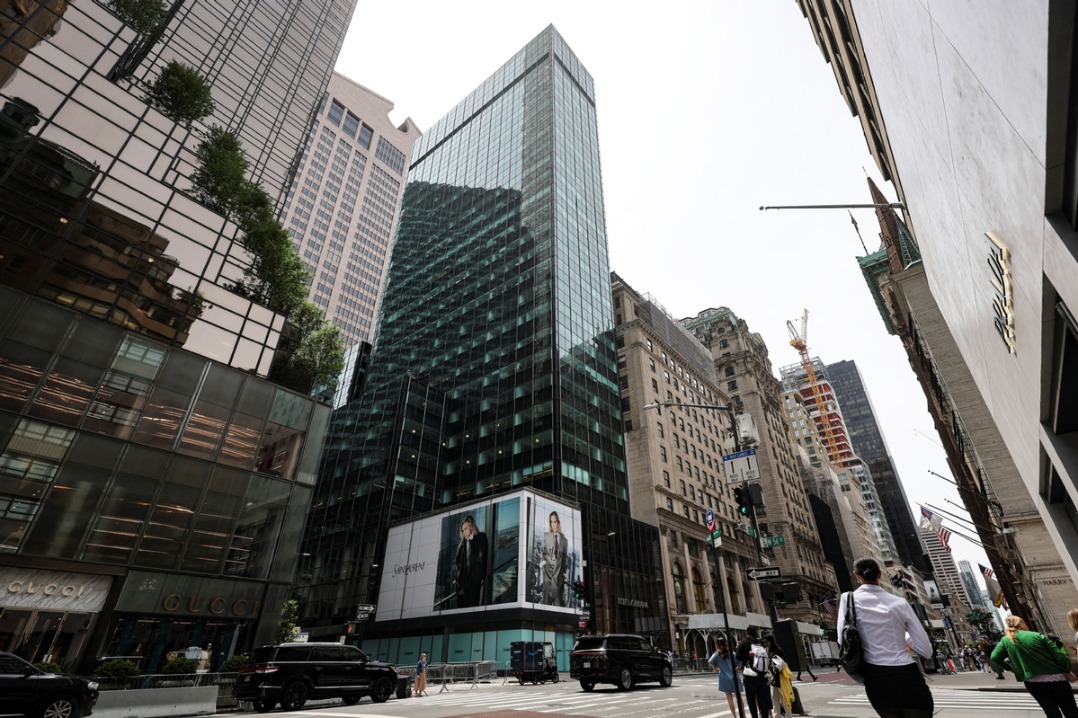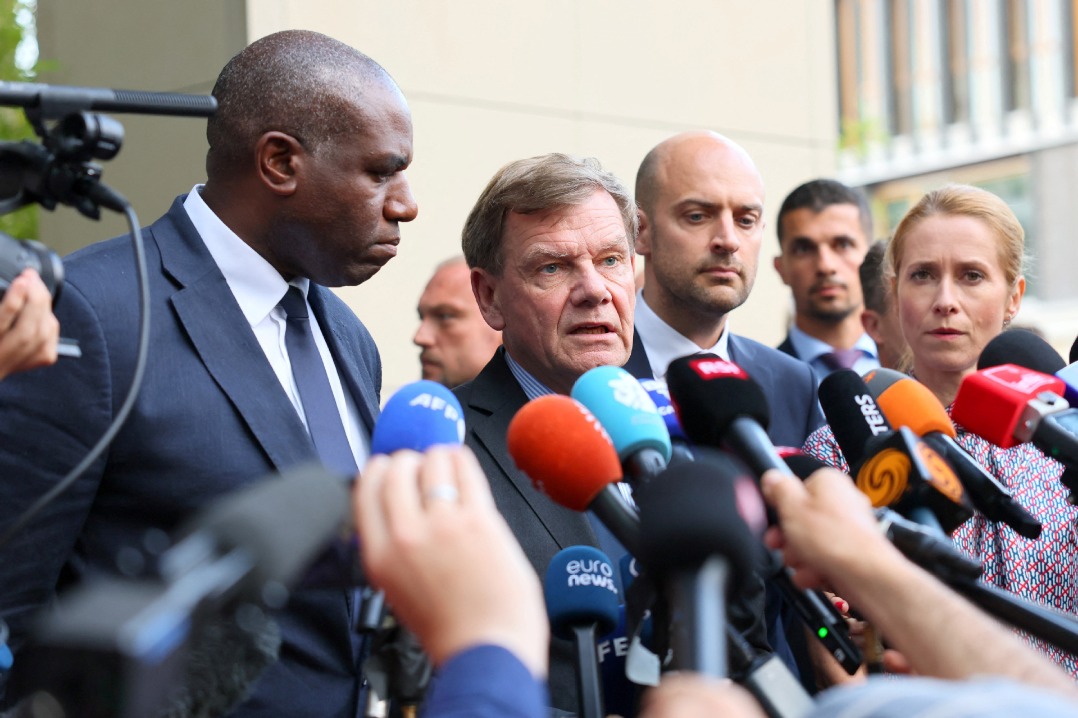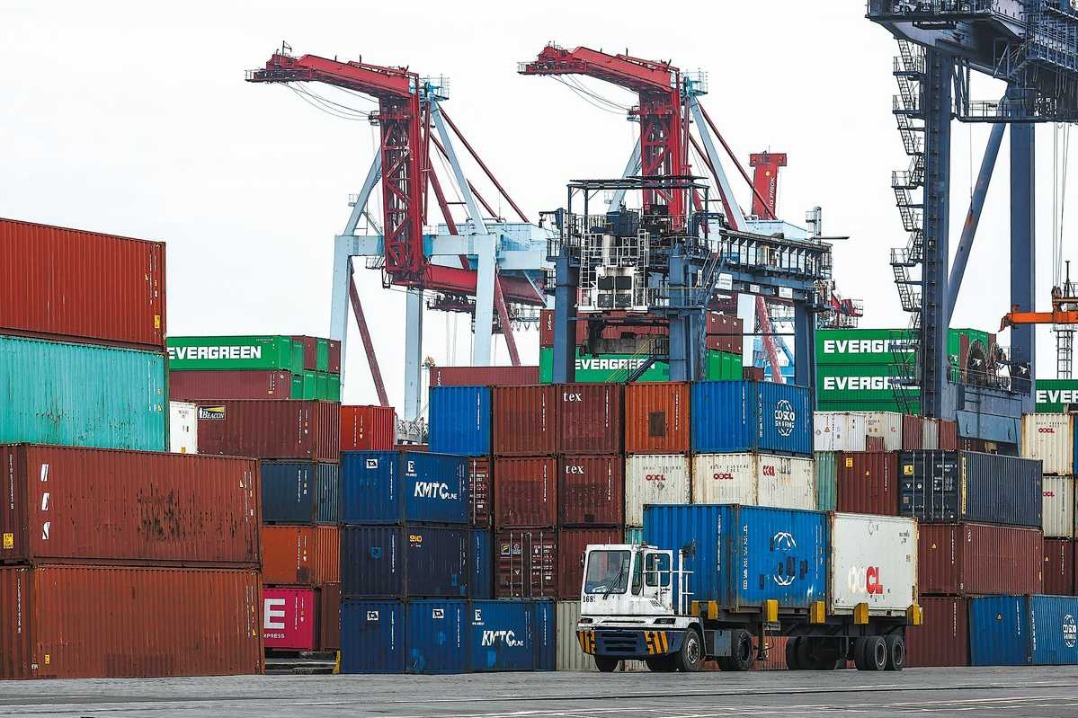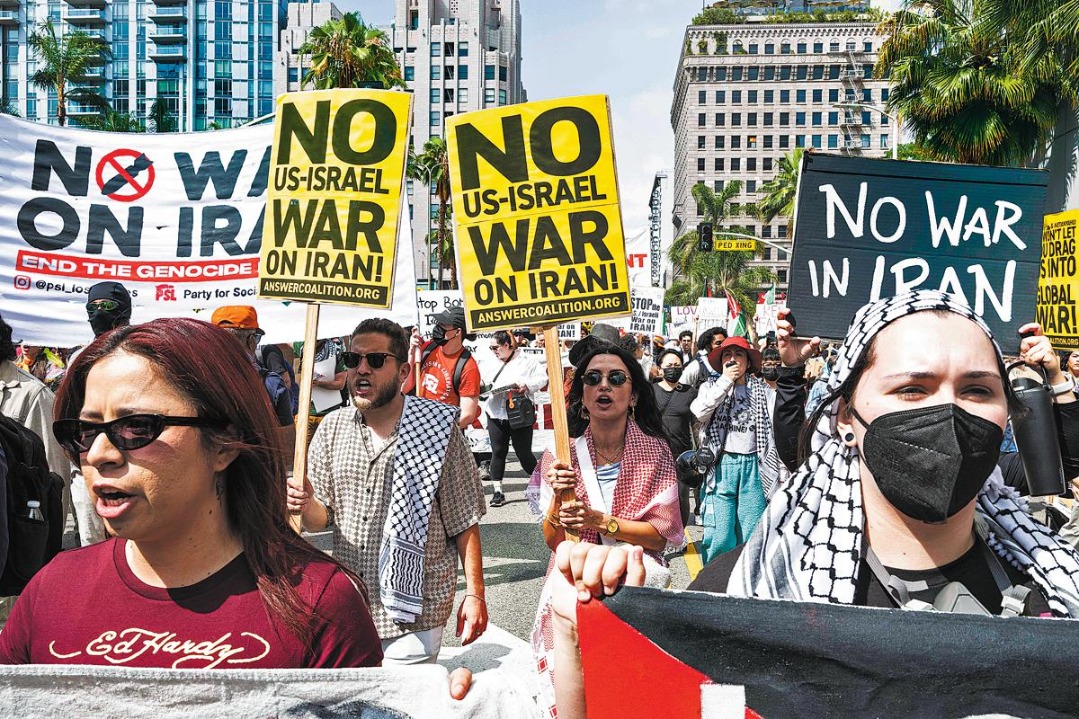Conflict casts shadow on EU economy


The spillover effects of the Russia-Ukraine conflict continue to weigh on the European Union's economic recovery, dragging down its performance in manufacturing, consumption and investment, experts say.
Following a prolonged stagnation, the EU's real GDP growth is expected to reach 0.9 percent for last year, signaling a "subdued, yet steady" growth pace, according to the European Commission's Autumn Forecast released in November.
However, the report said the future remains "highly uncertain", with risks largely tilted to the downside.
Structural challenges in the EU's manufacturing sector add further downward pressure, as the industry grapples with the lingering effects of the energy shock while navigating rapid technological advancements, shifting consumer preferences, and global competition, the report said.
Although the eurozone's energy inflation rates have dropped significantly because of a multipronged approach taken by the EU — including increasing supplies from the United States — the closure of access to Russia's cheap energy has somehow undermined European industrial competitiveness, said Marian Duris, an international affairs analyst and adviser to a member of the European Parliament.
"Energy costs are rising because the EU prefers more expensive imports from 'allies with similar values'," he said, adding that the "overloading" of free trade regulations and treaties signed by the EU with third countries have also harmed domestic interests.
"After all, we observe energy-intensive sectors face high costs, pushing some companies to relocate production outside Europe, mainly to the US and Asia. Raw material shortages after illogical sanctions force European manufacturers to seek alternative suppliers, increasing costs and delays."
An analysis from the US Energy Information Administration in February last year showed that the US has remained the largest supplier of liquefied natural gas to Europe since 2021, with imports nearly tripling from 2021 to 2023.
"Reducing dependencies on one partner creates dependencies on others," Duris said. "Many policies and reactions of the EU to the situation show that various types of ideologies and interests often prevail over pragmatism."
The European Commission has also been pushing its green transition process, with unequivocal support for domestically manufactured products.
While it is right for the EU to value its homemade goods, Chris Aylett, a research associate at the Environment and Society Centre at Chatham House in London, said in an analysis that clean products produced in Europe remain expensive.
Also, EU-level investment in the industry falls "far short" with no signs of improvement, suggesting that the union will need to rely on China's affordable imports to realize its ambitious net-zero targets.
Yet, tariffs imposed on Chinese electric vehicles and other anti-subsidy probes into the country's clean products have raised trade tensions and risk being counterproductive, Aylett said.
Dampening consumption
Beyond manufacturing, growing political instability and rising polarization could further dampen domestic consumption and investment, the Autumn Forecast noted.
Households may continue precautionary saving rather than spending, while businesses could further delay investment decisions, constraining productivity growth and innovation at a time when the EU economy is already struggling with competitiveness challenges, the forecast said.
However, Duris said the same burdens are not equally shared among EU member states, as their economic structures and vulnerabilities toward shocks vary, which underscores the challenge of achieving balanced growth across the unity.
And the cost of living crisis — with Eurozone Harmonized Index of Consumer Prices once peaking at 10.6 percent — hit the poorest harder, as reported by a 2023 analysis from Britain's Economics Observatory.
When asked whether the EU has been more united amid series of shocks, Duris said, "The unifying consequences of the conflict brought changes in the field of security and defense, but there are areas like skepticism toward deeper European integration, mass migration, the green deal, and international relations where we can perceive divisions."

















